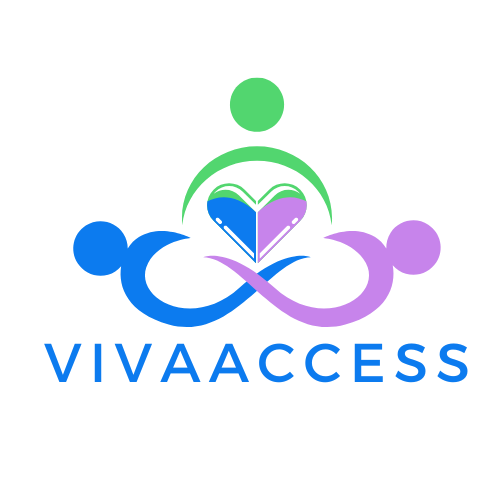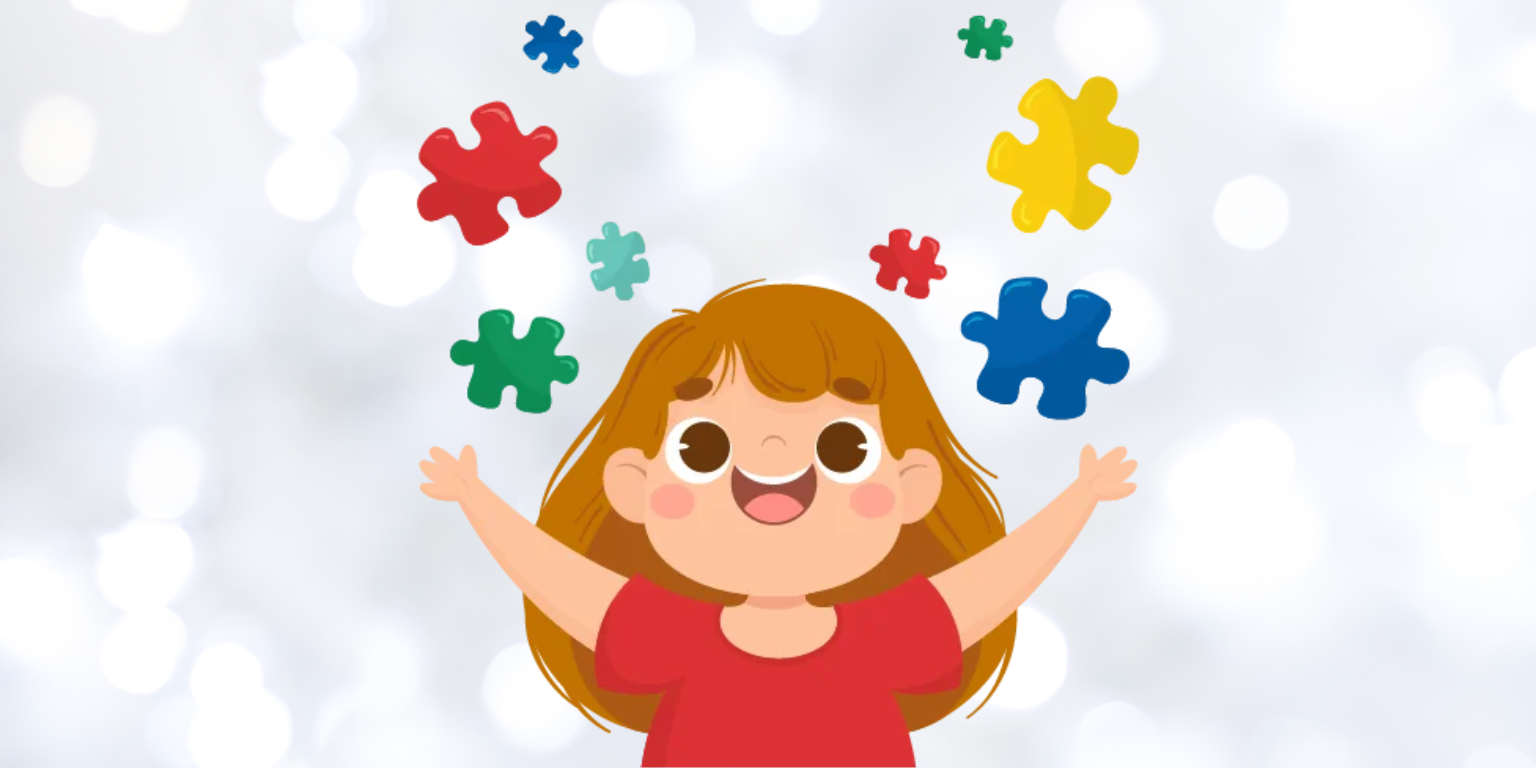What Is Learning Disabilities?
by vivaaccess.net | Apr 22, 2024 | learning
Learning disabilities (LD) are neurodevelopmental disorders that affect how individuals receive, process, store, respond to, and communicate information. These disorders are characterized by difficulties in one or more of the basic psychological processes involved in understanding or using language, spoken or written, which may manifest in an imperfect ability to listen, think, speak, read, write, spell, or do mathematical calculations.
Characteristics
- Reading Disabilities (Dyslexia): Individuals with dyslexia may have difficulty with accurate and/or fluent word recognition, decoding, and spelling abilities. This can impact reading comprehension and vocabulary development.
- Writing Disabilities (Dysgraphia): Dysgraphia affects a person’s ability to write coherently and legibly. It may involve problems with handwriting, spelling, and organizing thoughts on paper.
- Mathematics Disabilities (Dyscalculia): Dyscalculia is characterized by difficulties with understanding and using mathematical concepts. Individuals may struggle with basic arithmetic, mathematical reasoning, and problem-solving skills.
- Auditory Processing Disorder (APD): APD affects the ability to understand and interpret sounds in the environment. Individuals may have difficulty distinguishing between sounds or processing auditory information accurately.
Causes
The exact causes of learning disabilities are not fully understood, but they are believed to result from a combination of genetic, neurological, environmental, and educational factors. Factors such as family history, prenatal exposure to toxins, complications during pregnancy or birth, premature birth, and early childhood experiences may contribute to the development of LD.
Diagnosis
Diagnosing learning disabilities involves comprehensive evaluations conducted by qualified professionals, including psychologists, educators, and speech-language pathologists. These evaluations typically include assessments of cognitive abilities, academic achievement, language skills, and psychological functioning. Observations of the individual’s behavior and performance in various settings may also be considered.
Treatment
Treatment for learning disabilities often involves a multidisciplinary approach tailored to the individual’s specific needs. Interventions may include specialized instruction, educational accommodations and modifications, assistive technology, speech and language therapy, occupational therapy, and behavioral interventions. Early intervention is critical for addressing learning difficulties and promoting academic and personal success.
Despite the challenges associated with learning disabilities, individuals with LD can thrive with appropriate support, accommodations, and interventions. By understanding the nature of LD and implementing effective strategies, individuals with learning disabilities can achieve their full potential and lead fulfilling lives.







